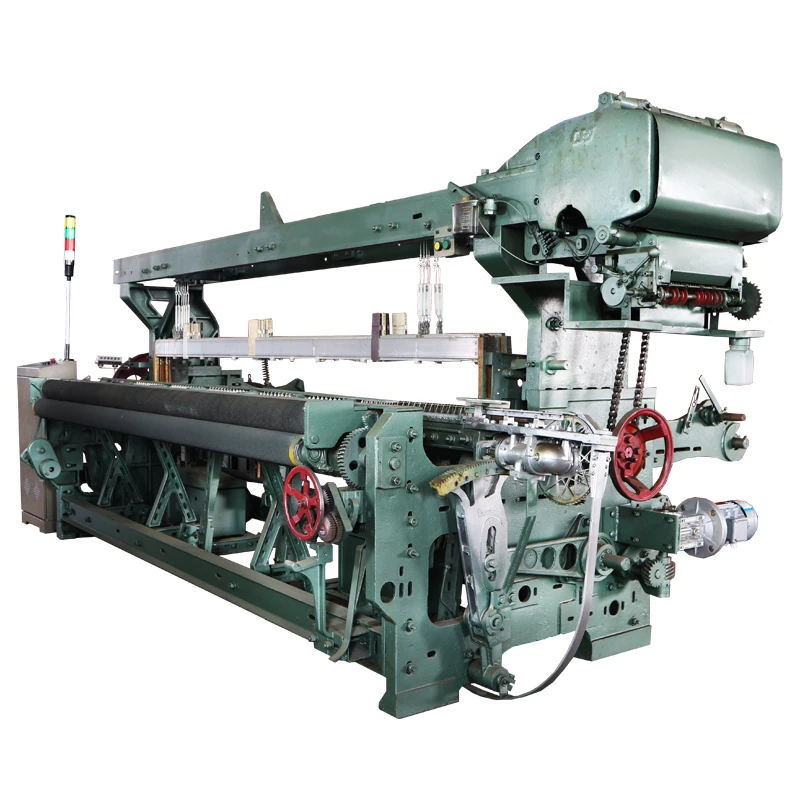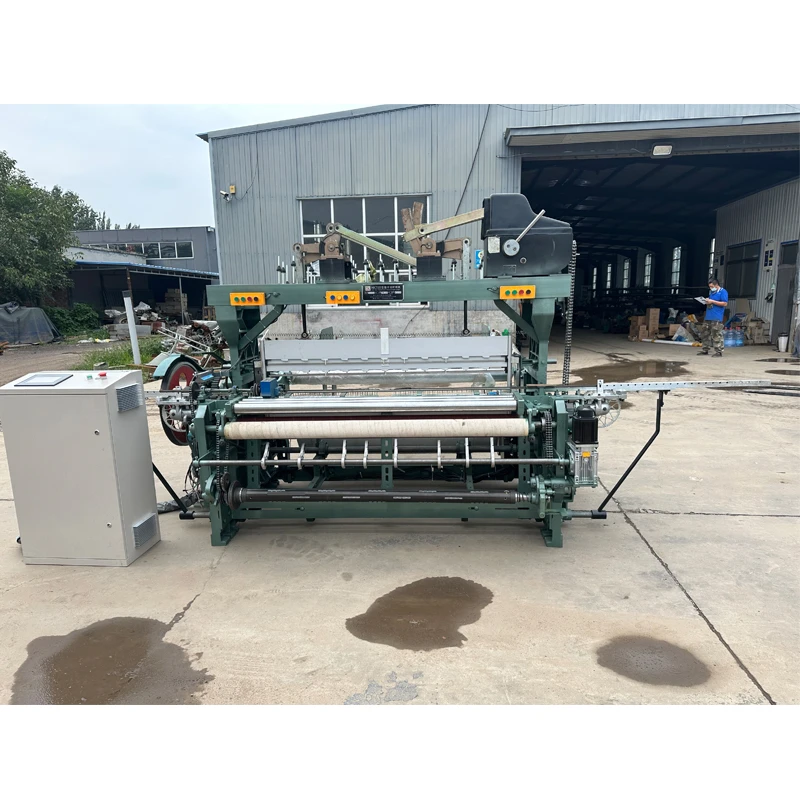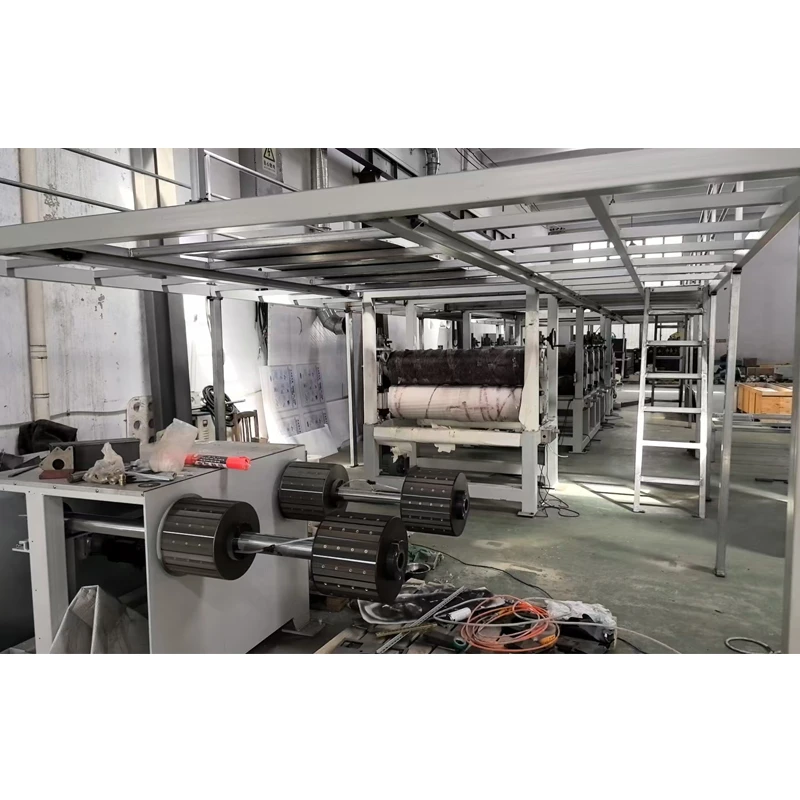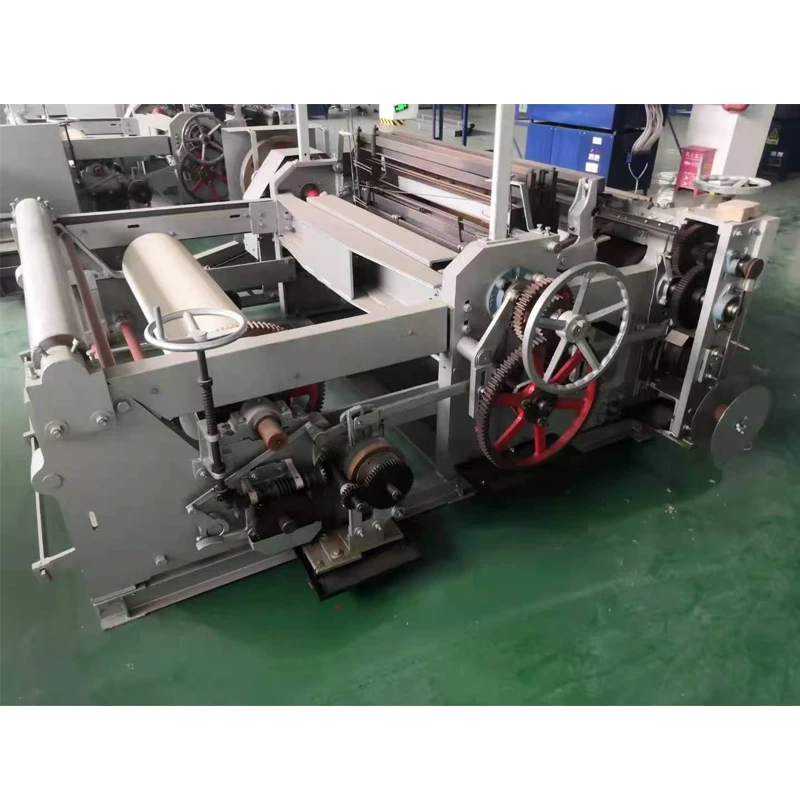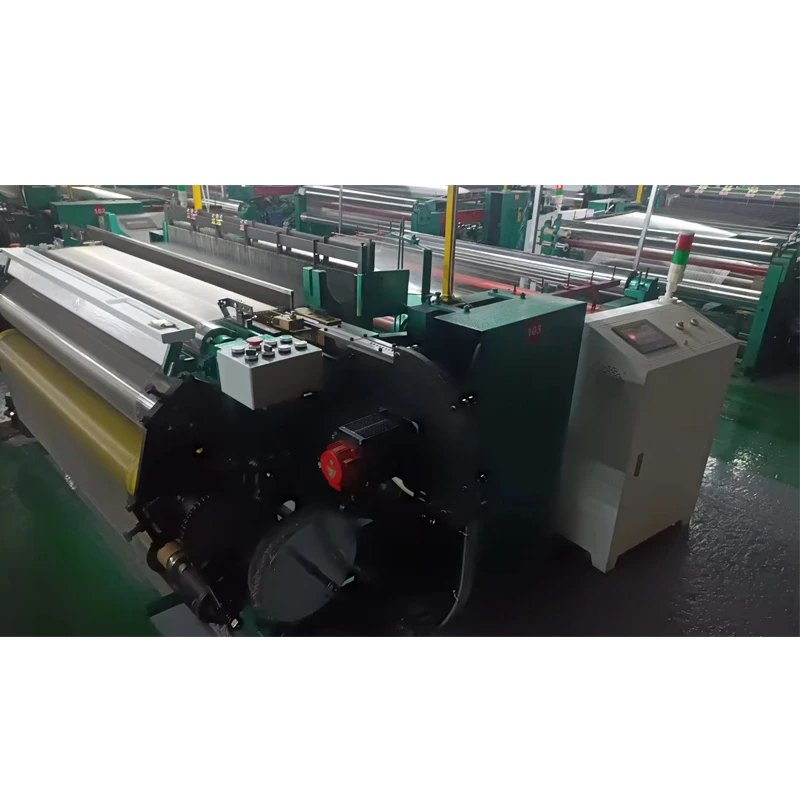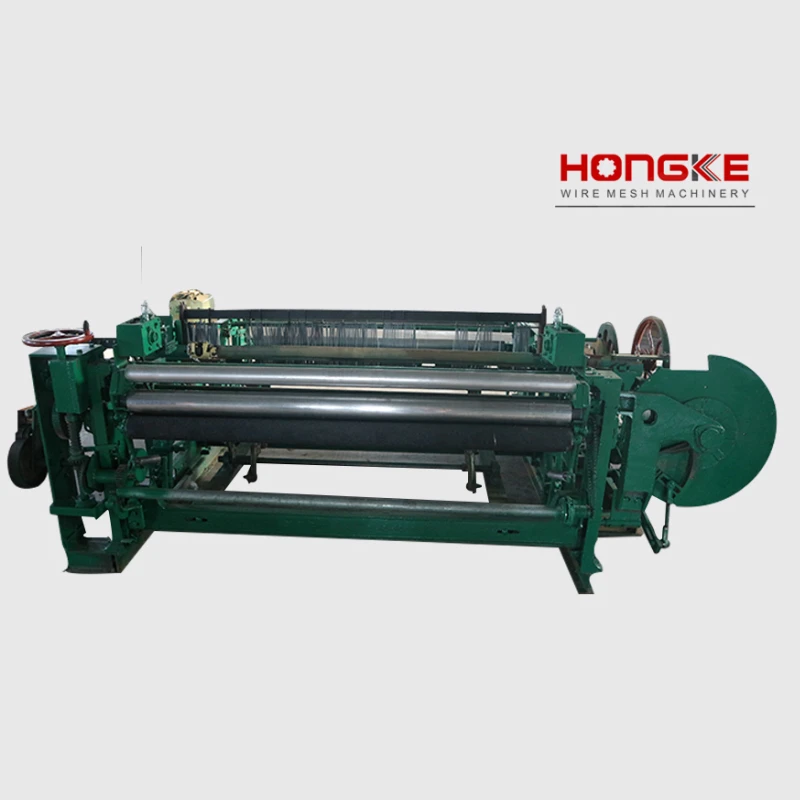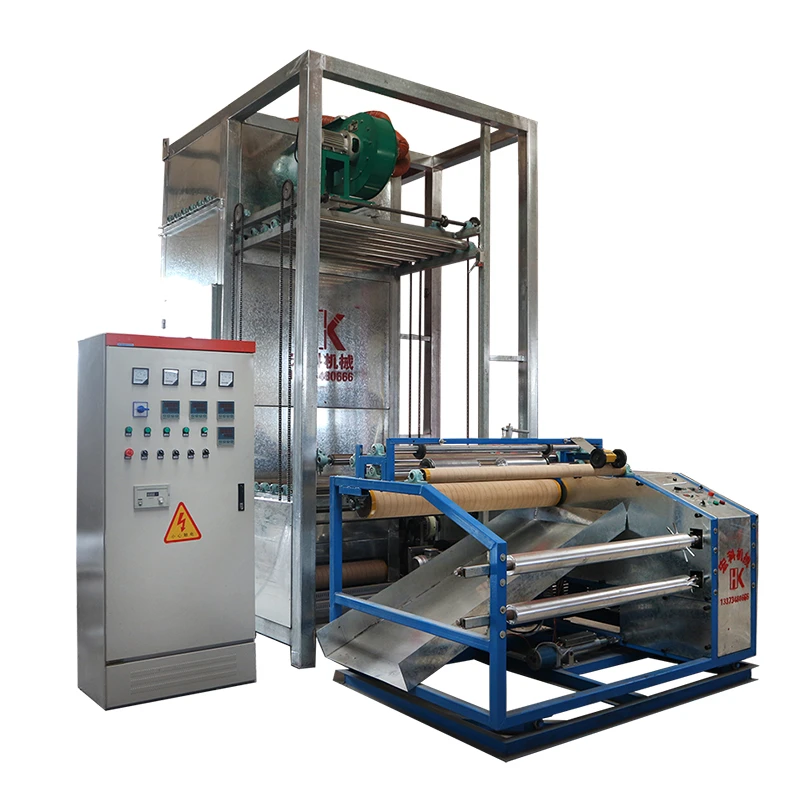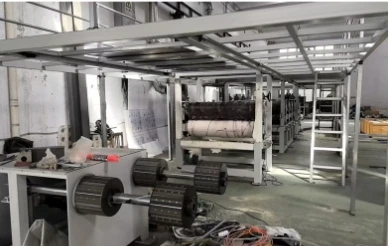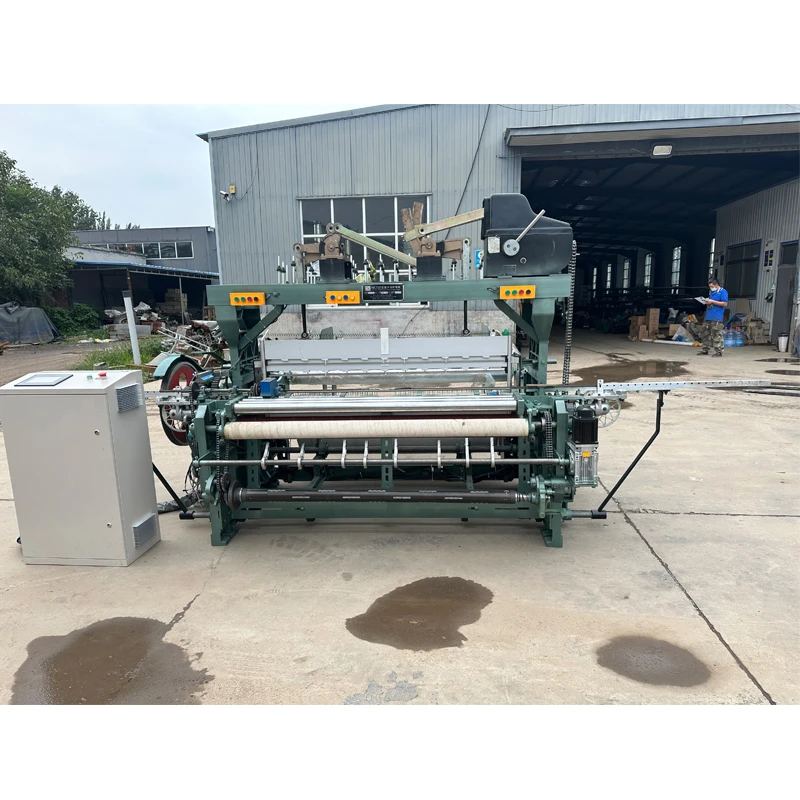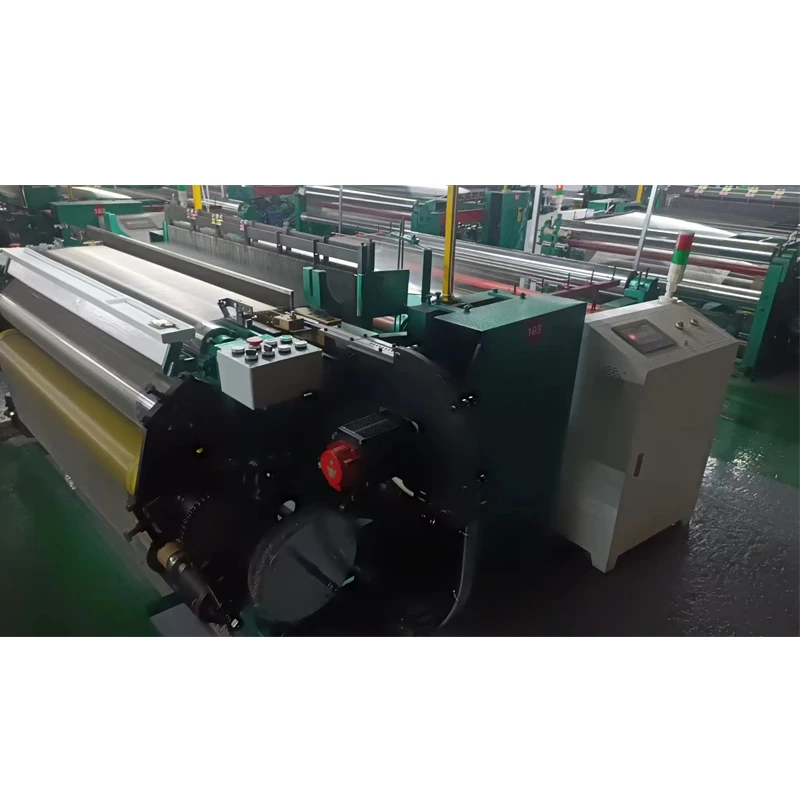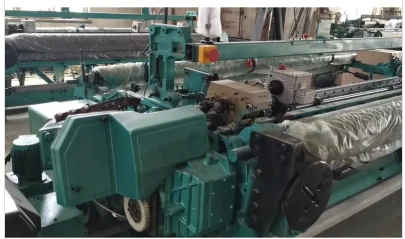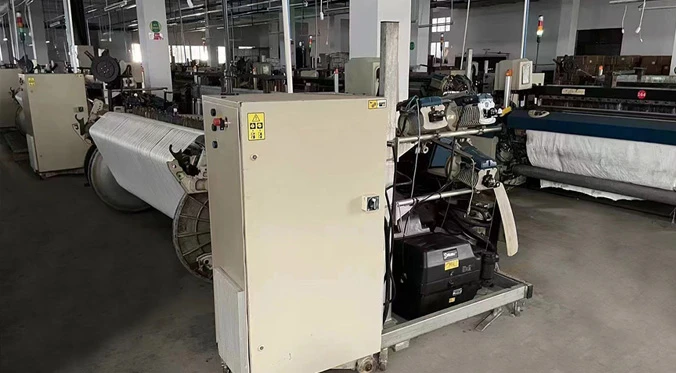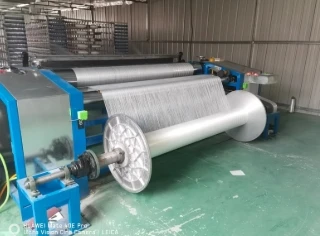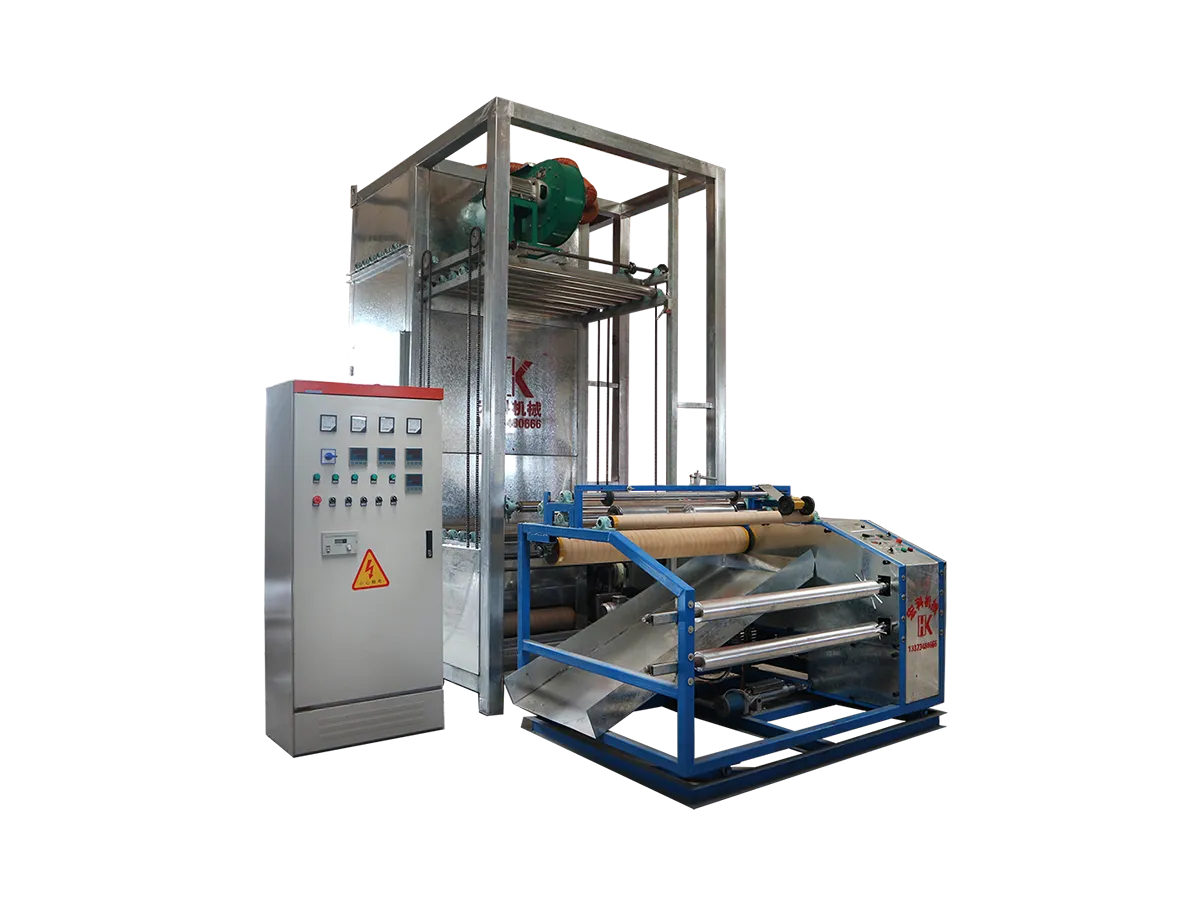
Navigating the Market for Fiberglass Mesh Weaving Machinery
The global demand for fiberglass mesh continues to surge, driven by robust growth in construction, infrastructure development, and various industrial applications. This escalating need directly fuels the market for advanced manufacturing equipment, making a high-performance fiberglass mesh weaving machine for sale a critical asset for businesses aiming to capitalize on this trend. These machines are the backbone of efficient, high-quality mesh production, essential for applications ranging from wall reinforcement and insulation to filtration and composite materials. Understanding the nuances of these machines—from their technical specifications to their operational advantages—is paramount for B2B decision-makers seeking to optimize production lines and gain a competitive edge in a demanding market. This guide provides an in-depth look at what makes a superior fiberglass mesh weaving solution.
Industry trends indicate a continuous shift towards automation, precision, and energy efficiency in manufacturing. Companies are increasingly investing in state-of-the-art machinery that not only boosts output but also ensures consistent product quality, reduces operational costs, and minimizes environmental impact. The integration of smart technologies, such as IoT sensors for predictive maintenance and AI-driven quality control, is transforming the landscape of fiberglass mesh production. As a result, the criteria for selecting a fiberglass mesh weaving machine for sale have become more stringent, focusing on long-term reliability, adaptability to diverse product requirements, and comprehensive after-sales support.
The Advanced Manufacturing Process of Fiberglass Mesh Weaving Machines
The creation of a robust and reliable fiberglass machine involves a sophisticated multi-stage manufacturing process, ensuring precision, durability, and high performance. The journey begins with the meticulous selection of high-grade raw materials, primarily industrial-grade steel alloys and specialized polymers for critical components. For structural integrity, high-tensile steel, often subjected to processes like casting and precision forging, forms the core framework. Critical moving parts, such as gears, shafts, and guides, are typically manufactured from wear-resistant alloys, undergoing stringent CNC machining to achieve micron-level tolerances. This level of precision is crucial for the smooth, high-speed operation inherent in a quality fiberglass mesh weaving machine for sale.
Following initial material processing, components undergo advanced heat treatment processes to enhance their hardness, toughness, and fatigue resistance. Surface treatments, such as nitriding or chrome plating, are applied to reduce friction and improve corrosion resistance, extending the machine's operational lifespan significantly. Each component is subjected to rigorous quality control inspections, adhering to international standards such as ISO 9001 for quality management and ANSI standards for dimensional accuracy and material properties. Non-destructive testing methods, including ultrasonic and magnetic particle inspections, are routinely employed to detect any internal flaws, ensuring that every part contributes to the overall structural integrity and performance of the completed fiberglass mesh weaving machines for sale. This meticulous attention to detail at every stage guarantees a product capable of years of reliable service in demanding industrial environments.

The final assembly phase involves integrating sophisticated electronic control systems, precision mechanical drives, and advanced weaving mechanisms. Each assembled unit undergoes comprehensive functional testing, simulating real-world operational conditions to verify weaving accuracy, speed, and overall stability. Environmental chamber tests may also be conducted to assess performance under varying temperature and humidity conditions. This rigorous testing regimen ensures that the finished fiberglass machine not only meets but often exceeds industry benchmarks for efficiency and durability. Typical usage lifespan for well-maintained machines can range from 15 to 25 years, making them a significant long-term investment for sectors like petrochemicals, metallurgy, water supply and drainage, and construction. In these applications, the machine's ability to produce high-quality, corrosion-resistant mesh contributes directly to infrastructure longevity and operational safety.
Key Technical Parameters and Specifications
Selecting the optimal fiberglass mesh weaving machine for sale requires a thorough understanding of its technical specifications. These parameters directly influence production capacity, mesh quality, and operational efficiency. Below is a detailed table outlining typical specifications for high-performance fiberglass mesh weaving machines, providing insights into what to look for when evaluating different models. This data helps in making an informed decision that aligns with specific production needs and desired output characteristics, distinguishing between various fiberglass machine price points.
Beyond these core specifications, factors such as the machine's level of automation, ease of maintenance, and the availability of spare parts significantly impact total cost of ownership (TCO) and overall operational efficiency. Advanced models often feature integrated tension control systems, automatic warp yarn break detection, and centralized lubrication systems, all designed to minimize downtime and maximize productivity. When comparing options for a fiberglass machine, consider how these technical nuances translate into tangible benefits for your specific manufacturing goals.
Diverse Application Scenarios and Advantages
The versatility of fiberglass mesh, produced by advanced fiberglass mesh weaving machines for sale, makes it indispensable across a multitude of industries. In the construction sector, alkali-resistant fiberglass mesh is extensively used for external insulation finishing systems (EIFS), reinforcing walls, preventing cracks, and enhancing seismic resistance. Its lightweight yet high-strength properties significantly reduce building weight while improving structural integrity. For infrastructure projects, particularly in chemical and petrochemical facilities, fiberglass mesh serves as a critical component in composite reinforcement for pipelines, storage tanks, and industrial flooring, offering superior resistance to chemical corrosion and extreme temperatures compared to traditional materials.
Beyond construction and industrial reinforcement, fiberglass mesh finds crucial applications in water conservancy and drainage systems. It is utilized in geotextile composites for erosion control, soil stabilization, and filter layers in drainage works, providing long-term structural integrity and preventing material washout. Its inherent non-conductive properties make it ideal for electrical insulation applications, while its stability under varying environmental conditions extends its use to agricultural netting, insect screens, and filtration media. The ability of a modern fiberglass mesh weaving machine for sale to produce mesh with consistent aperture sizes and uniform coating ensures that the final product meets the stringent performance requirements of these diverse high-stakes applications, delivering significant advantages in terms of material durability, energy efficiency (e.g., in insulation systems), and prolonged asset lifespan.
Technical Advantages and Innovative Features
Modern fiberglass mesh weaving machines for sale integrate cutting-edge technology to deliver unparalleled performance and operational efficiency. A significant technical advantage lies in their advanced electronic control systems, typically employing industrial-grade PLCs (Programmable Logic Controllers) from leading manufacturers like Siemens or Mitsubishi. These systems enable precise control over weaving parameters, including warp tension, weft insertion, and beat-up force, ensuring consistent mesh density and fabric quality. The integration of high-resolution Human-Machine Interface (HMI) touchscreens simplifies operation, allows for real-time monitoring of production data, and facilitates rapid parameter adjustments, greatly enhancing productivity and reducing the need for constant manual intervention.
Further innovations include automated warp beam braking systems and sophisticated weft insertion mechanisms, which minimize yarn breakage and waste, contributing to a lower overall fiberglass machine price in terms of operational expenses. Some machines feature integrated edge strengthening units that produce mesh with reinforced selvedges, preventing fraying and improving durability, especially crucial for mesh destined for harsh environments. Furthermore, advanced models often incorporate energy-efficient servo motors and regenerative braking systems, significantly reducing power consumption during weaving cycles. This focus on energy saving not only lowers utility bills but also aligns with global sustainability initiatives, providing a compelling advantage for environmentally conscious businesses seeking a modern fiberglass mesh weaving machine for sale.
Manufacturer Comparison and Custom Solutions
When evaluating a fiberglass mesh weaving machine for sale, comparing manufacturers goes beyond just the initial fiberglass machine price. Key factors include the manufacturer's reputation, years of industry experience, global service network, and adherence to international quality certifications such as ISO 9001, CE, and sometimes industry-specific certifications like those for construction materials. Leading manufacturers typically offer a track record of innovation, demonstrated through patented technologies and a portfolio of successful installations worldwide. It is advisable to review case studies and customer testimonials to gauge real-world performance and reliability.
Beyond standard models, reputable suppliers often provide comprehensive customization options to meet specific production requirements. This can include tailoring weaving widths, mesh size ranges, integration with existing production lines, or specialized coating systems. For instance, some clients may require machines optimized for producing ultra-fine mesh for filtration, while others need heavy-duty machines for thick, high-strength reinforcement mesh. A manufacturer's ability to offer bespoke solutions, coupled with robust technical support during installation and commissioning, significantly enhances the value proposition. Inquire about their process for developing custom solutions, from initial consultation and design to fabrication and post-delivery optimization, ensuring that the acquired fiberglass mesh weaving machine for sale is perfectly aligned with your business objectives and offers long-term adaptability.
Real-World Application Cases & Customer Success
The practical success of a fiberglass machine is best demonstrated through its performance in actual production environments and positive customer feedback. For instance, a major European construction materials conglomerate integrated our high-speed fiberglass mesh weaving machines into their insulation board production line. Before implementation, they faced challenges with inconsistent mesh quality and high waste rates from their older equipment. After deploying the new machines, which featured automated tension control and precise weft insertion, they reported a 25% increase in production efficiency and a 15% reduction in material waste within the first six months. This led to significant cost savings and improved the overall quality of their EIFS products, solidifying their market position.
Another compelling case involves a specialized composite manufacturer in North America that needed a fiberglass machine capable of weaving dense, fine-mesh fiberglass for filtration applications in the petrochemical industry. Their existing machines struggled with the high warp density required and frequently experienced yarn breakages. Our customized fiberglass mesh weaving machine for sale, equipped with a specialized shedding mechanism and an enhanced take-up system, allowed them to achieve the required mesh count with exceptional stability. The client praised the machine's reliability and the significant reduction in maintenance downtime, which enabled them to meet stringent regulatory standards and expand their product offerings in a highly competitive market segment. These examples underscore the tangible benefits of investing in technologically advanced and well-supported fiberglass mesh weaving solutions.
Ensuring Trust and Support: FAQs, Delivery, and Warranty
Building trust with B2B clients extends beyond just the product; it encompasses comprehensive support and transparent policies. When considering a fiberglass mesh weaving machine for sale, understanding the accompanying service package is crucial. Reputable manufacturers provide clear delivery schedules, typically ranging from 8 to 16 weeks, depending on customization and current production load. This includes not only machine fabrication but also rigorous pre-shipment testing and careful packaging to prevent transit damage. Installation and commissioning support, often including on-site technical assistance and operator training, are vital for a smooth transition into production.
Frequently Asked Questions (FAQs)
-
Q: What kind of after-sales support can I expect for my fiberglass machine?
A: We offer extensive after-sales support including remote troubleshooting, regular software updates, spare parts supply, and dispatch of skilled engineers for on-site maintenance and repairs. -
Q: What is the typical warranty period for a new fiberglass mesh weaving machine?
A: Our machines typically come with a 12-to-24-month warranty period, covering manufacturing defects and major component failures under normal operating conditions. Extended warranty options are also available. -
Q: Can your machines accommodate different types of fiberglass yarn?
A: Yes, our fiberglass machine models are designed with flexibility in mind and can handle various grades and deniers of fiberglass yarn, including E-glass and C-glass, with minimal adjustments. -
Q: How do I get a precise fiberglass machine price quote?
A: To receive a precise quote, please contact our sales team with your specific requirements, including desired weaving width, mesh size range, production capacity, and any customization needs. We will then provide a detailed proposal.
A robust warranty commitment provides peace of mind, typically covering structural components and key electronic systems for a specified period (e.g., 12-24 months). Beyond warranty, the availability of technical documentation, parts diagrams, and a dedicated customer service portal further enhances long-term operational trustworthiness, making the decision to purchase a fiberglass mesh weaving machine for sale a well-supported investment.
Conclusion and Future Outlook
Investing in a state-of-the-art fiberglass mesh weaving machine for sale is a strategic decision that positions a business for sustained growth and competitiveness in the evolving global market. The convergence of advanced engineering, precision manufacturing, and smart technologies has elevated these machines from mere production tools to intelligent manufacturing assets. As industries continue to demand higher quality, more specialized, and environmentally friendly materials, the role of efficient and versatile fiberglass mesh weaving equipment will only become more pronounced.
The future of fiberglass mesh production is likely to see even greater integration of Artificial Intelligence for predictive maintenance, advanced robotics for automated material handling, and enhanced capabilities for producing multi-layered or composite meshes. Manufacturers who embrace these innovations and invest in the most capable fiberglass machine technologies will be best equipped to meet future market demands and maintain their leadership. For businesses seeking to optimize their fiberglass mesh production, partnering with a reputable supplier that offers both cutting-edge technology and comprehensive support is key to achieving long-term success.
References
- International Organization for Standardization (ISO) Official Publications.
- American National Standards Institute (ANSI) Engineering Guidelines and Specifications.
- Journal of Composite Materials – Research and Development Sections.
- Advanced Textiles and Composites: Processing and Properties Handbooks.
- Energy Efficiency in Manufacturing: Industrial Best Practices and Technologies.

Pervious








